NARCISSISM IS A TERM used to describe a trait that exists within the personality system. In recent years, narcissism has erroneously been conflated with narcissistic personality disorder (NPD), when they are two distinct constructs. In this article, we will aim to correct some of the common misconceptions about narcissism and provide accurate information about a fascinating yet misunderstood characteristic.
What is the definition of narcissism?
Simply put, narcissism is self-idealization. Like all personality traits, it exists on a spectrum. However, the degree to which people are narcissistic varies. Problems may arise when narcissism is excessive and likewise when it is deficient. Its most extreme manifestation is narcissistic personality disorder.
Myth 1: All narcissism is bad
In and of itself, narcissism is neither good nor bad. It is simply a necessary component of the human personality structure. In fact, a normal or healthy degree of narcissism has a range of health benefits. Narcissism becomes problematic only when there are aberrations.
Myth 2: Humanity is divided into narcissists and empaths
The notion that some people have narcissism while others do not is patently false. All people have some measure of the trait. Some expressions of narcissism are healthy while others are not.
Myth 3: Narcissism prevents people from having feelings
People with a normal amount of narcissism can experience a full range of emotions. However, a normal degree of narcissism can also function as a soothing balm for the ego that makes desire possible and disappointment tolerable.
Another way to think of it is to consider the etymology of the words narcissism and narcotic. Both originate from the Greek narkao which means “I numb myself”. In other words, narcissism affects the ego much like a narcotic.
Myth 4: Narcissism serves no purpose
Holding a slightly flattering view ourselves serves to dull the impact of otherwise painful existential realities. In this way, normal narcissism can help prevent feelings depression and anxiety.
Myth 5: There is no effective treatment for excessive narcissism
Normal and sub-clinical narcissism can change over time. In other words, normal and excessive narcissism is not rigid and treatment resistant like narcissistic personality disorder. For this reason, it is important to seek professional advice from a licensed mental health profession before assuming that all expressions of narcissism are indicative of narcissistic personality disorder.
Myth 6: Narcissism and narcissistic personality disorder are the same thing
Narcissism is a personality trait. Narcissistic personality disorder is a mental health condition that can arise from post-traumatic stress.
12 Signs of Normal or Healthy Narcissism?
Clinical psychologist Michael Kinsey, PhD, an expert in personality dynamics, breaks down some of the most prominent characteristics of healthy narcissism are the ability to:
- Give and receive admiration.
- Practice self-awareness.
- Recognize the significance of our contributions.
- Practice gratitude and appreciation.
- Express compassion for others while prioritizing self.
- Practice self-respect.
- Set and maintain boundaries.
- Feel secure about being seen.
- Accept others’ disapproval.
- Set and pursue.
- Be observant of the external world.
- Demonstrate self-efficacy, perseverance, and stability.
As a trait, narcissism is very different from its subtypes in a number of ways. It is flexible and can change over time. Most importantly normal or healthy narcissism helps us develop a positive self concept and it can help form wholesome relationships with others.
Books by Michael Kinsey Ph.D.
- ‘Dreams of Zugunruhe’
- ‘Transcendent Parenting: A Workbook For Parents Sharing Children With Narcissists’
Social Media Downloads
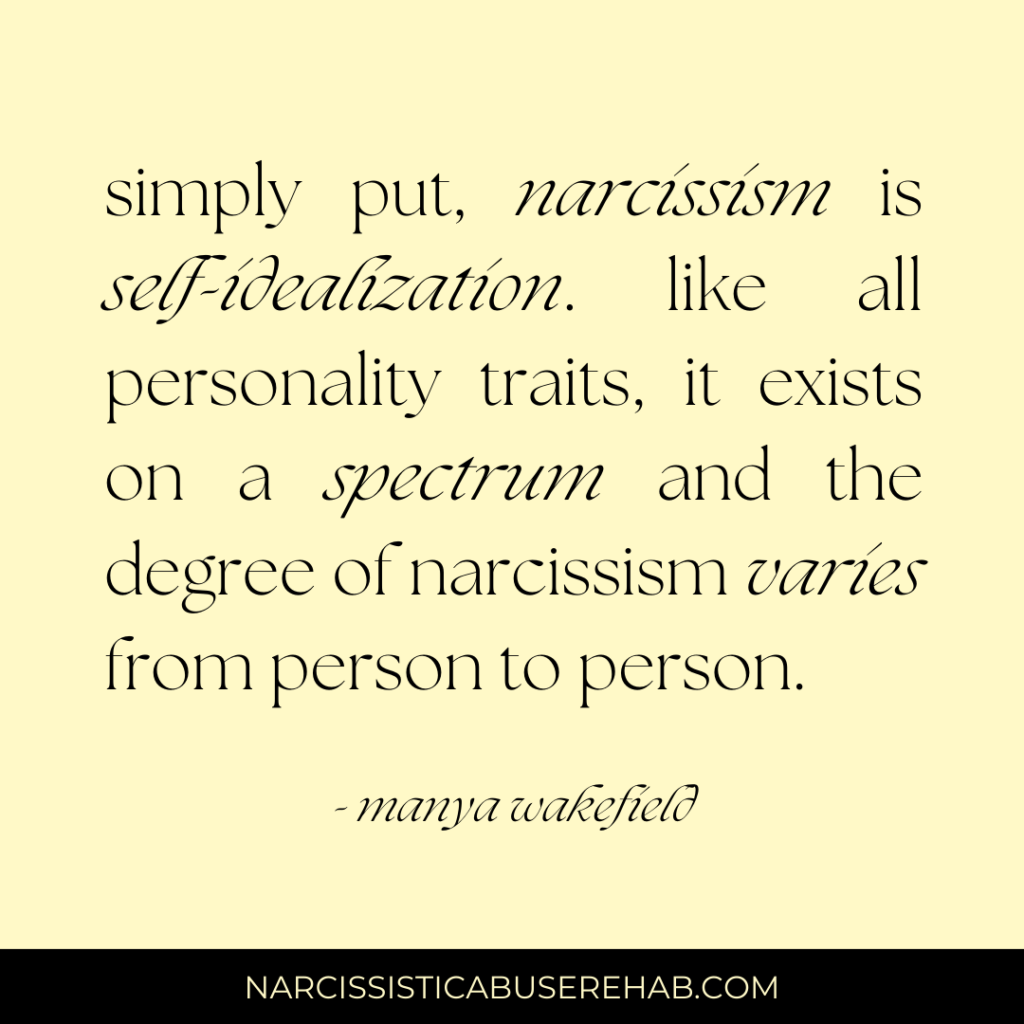
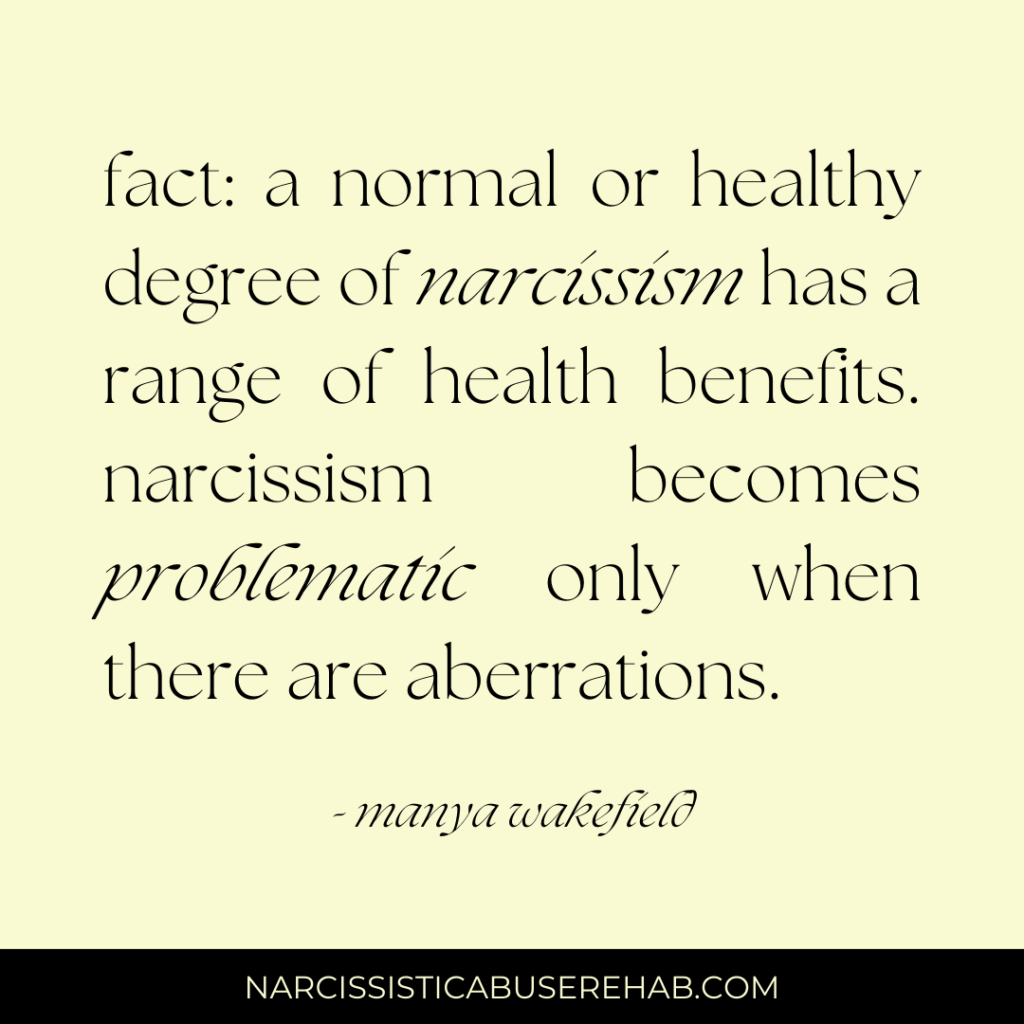
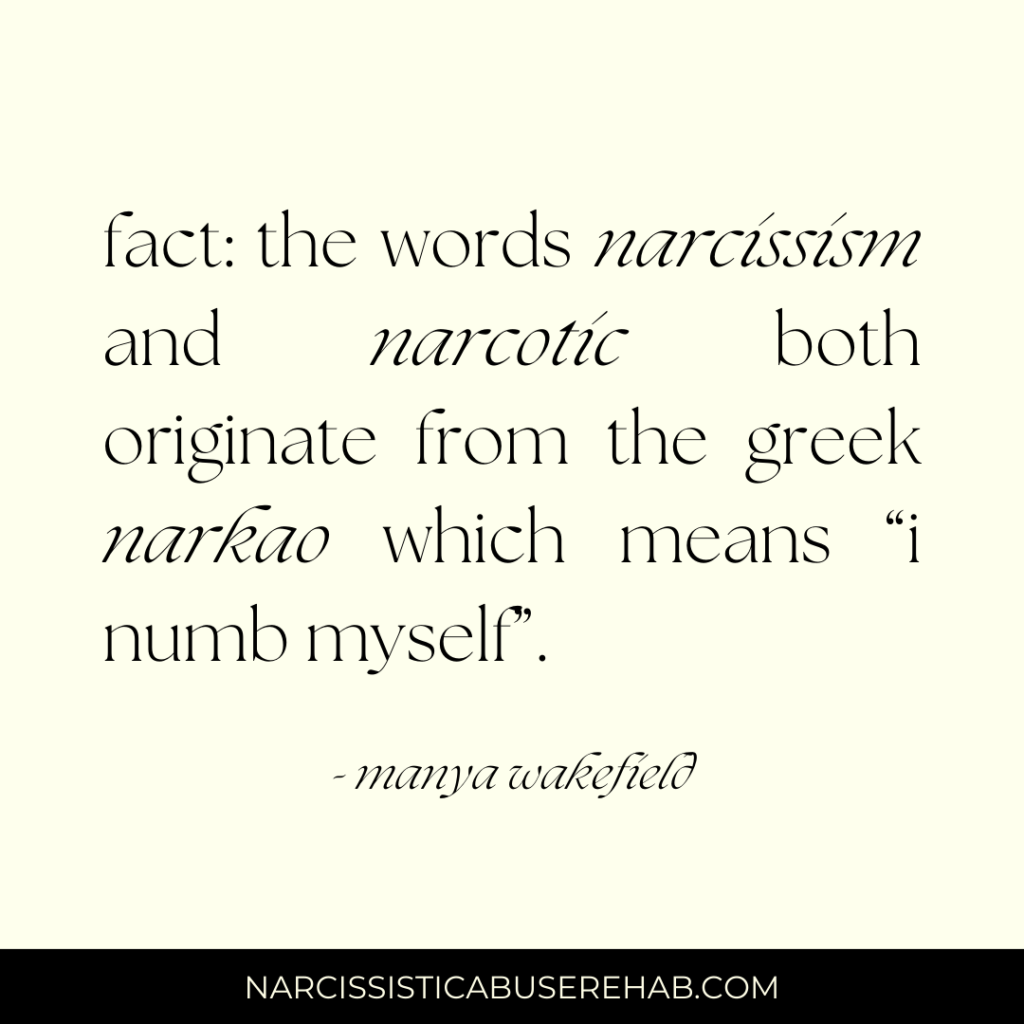
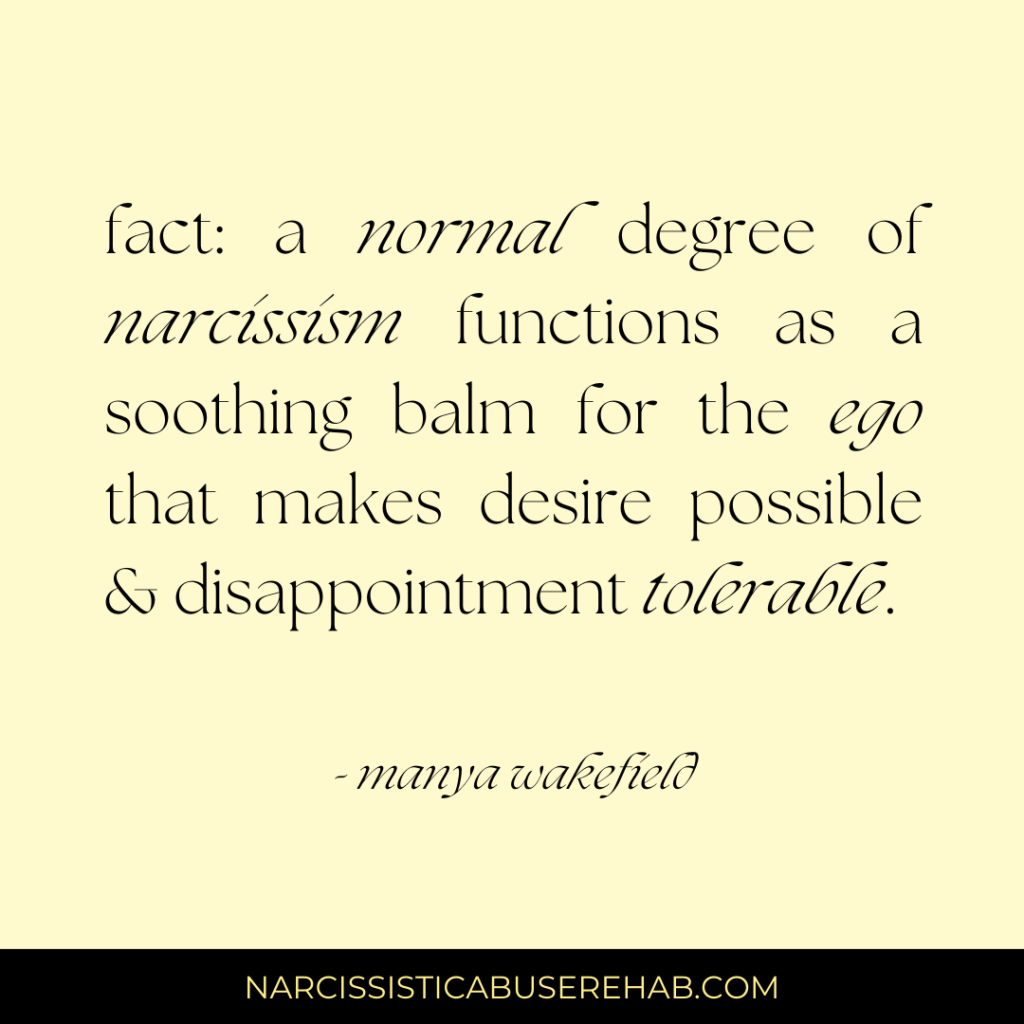
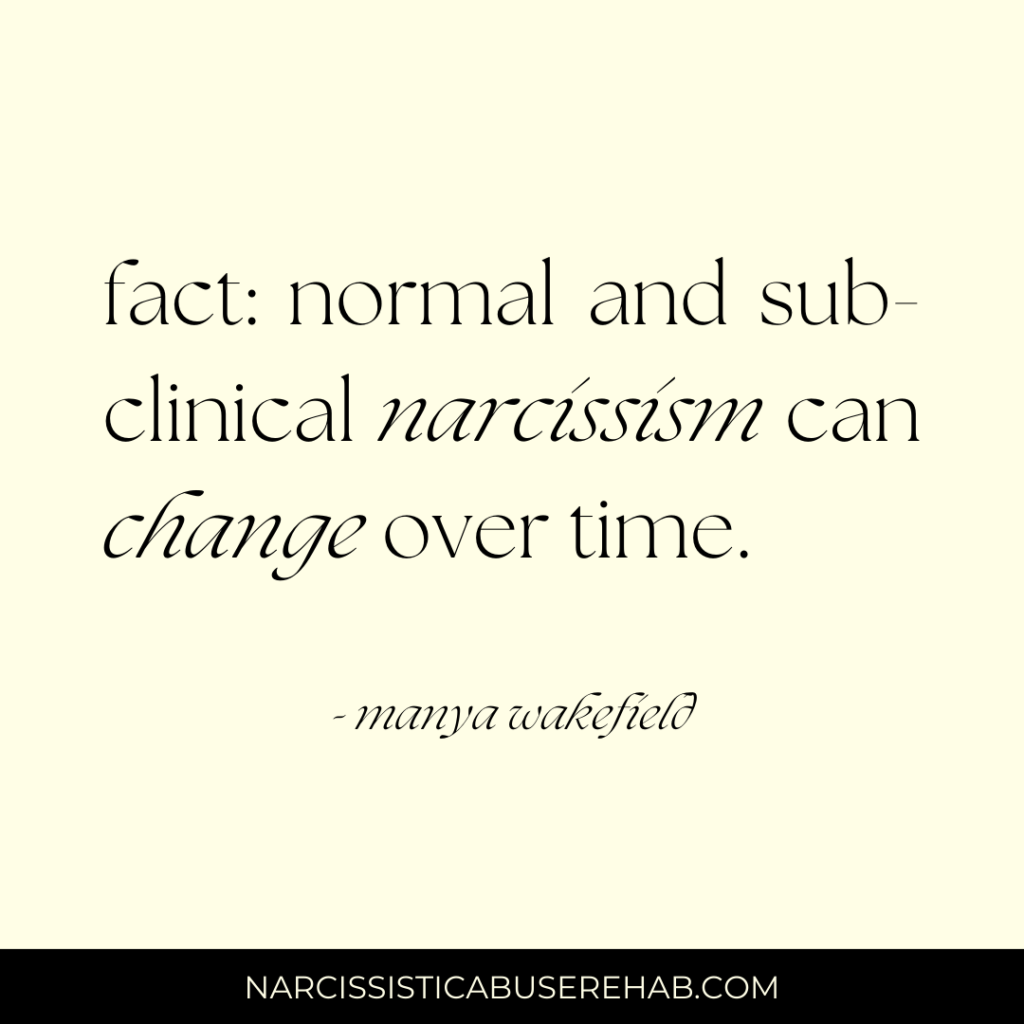
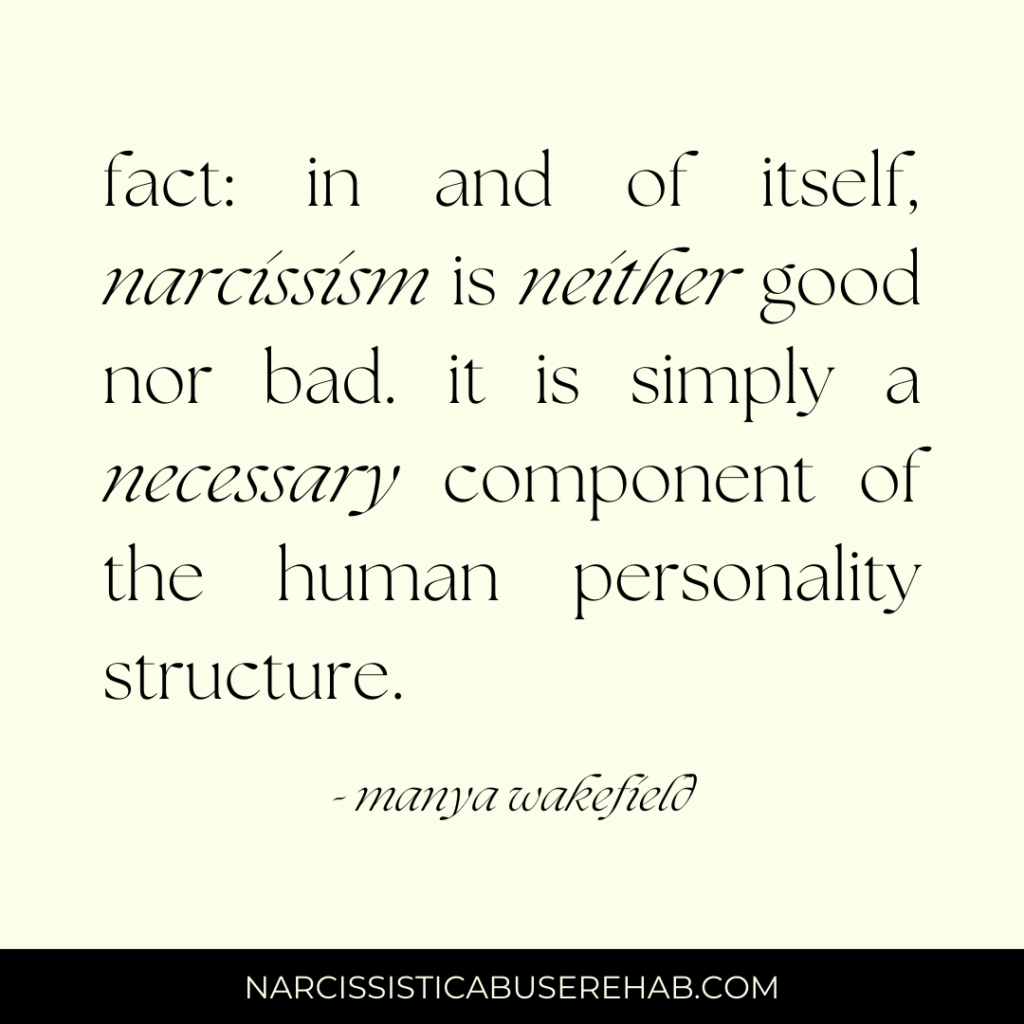
Confidential support is available 24/7/365 to anyone experiencing abuse.
In the USA call 1-800-799-7233 or log on to thehotline.org.
In the UK call 0808 2000 247 or log on to nationaldahelpline.org.uk.
NAR’s Journalistic Standards and Practices
About NAR • Report Typo or Error






